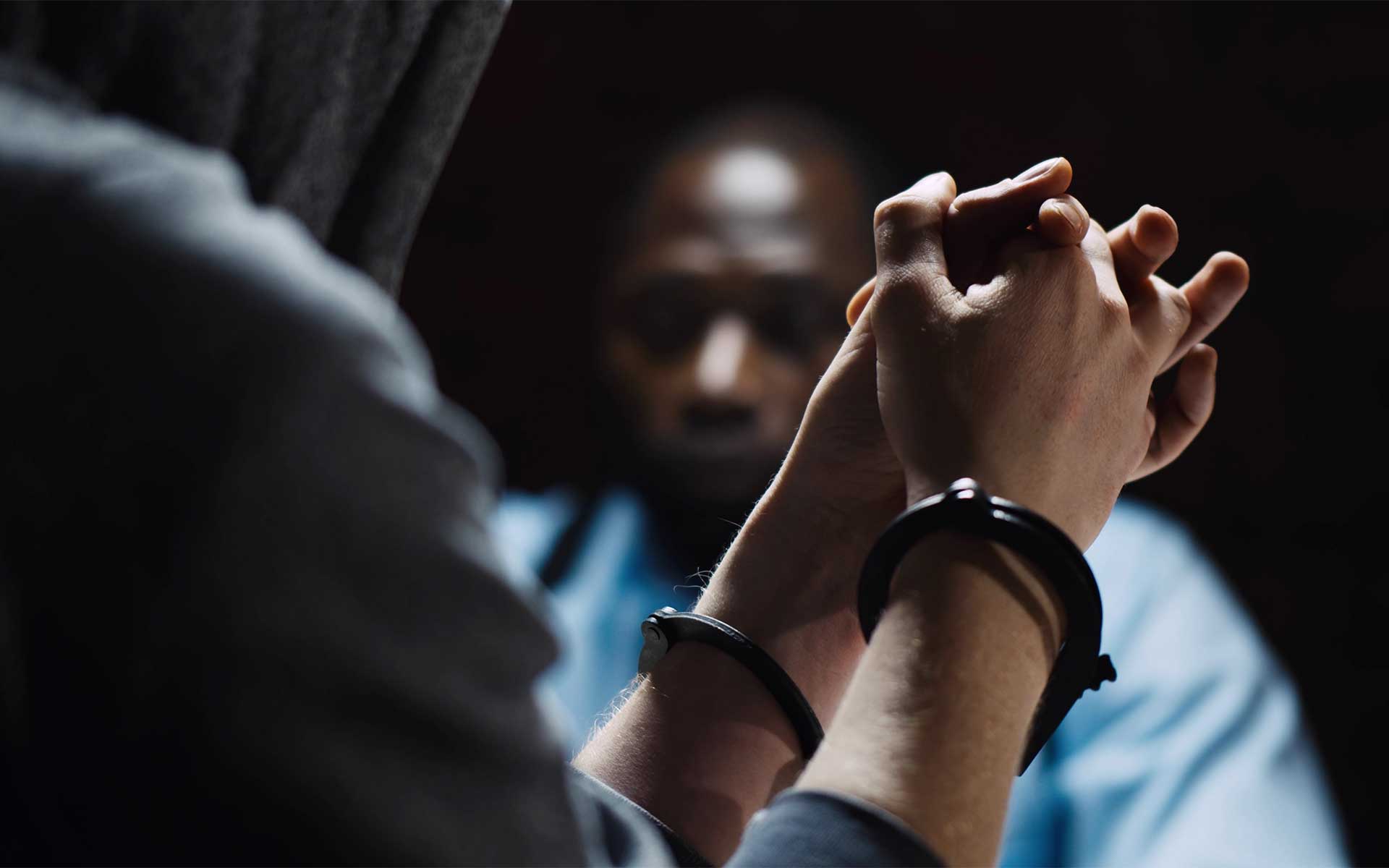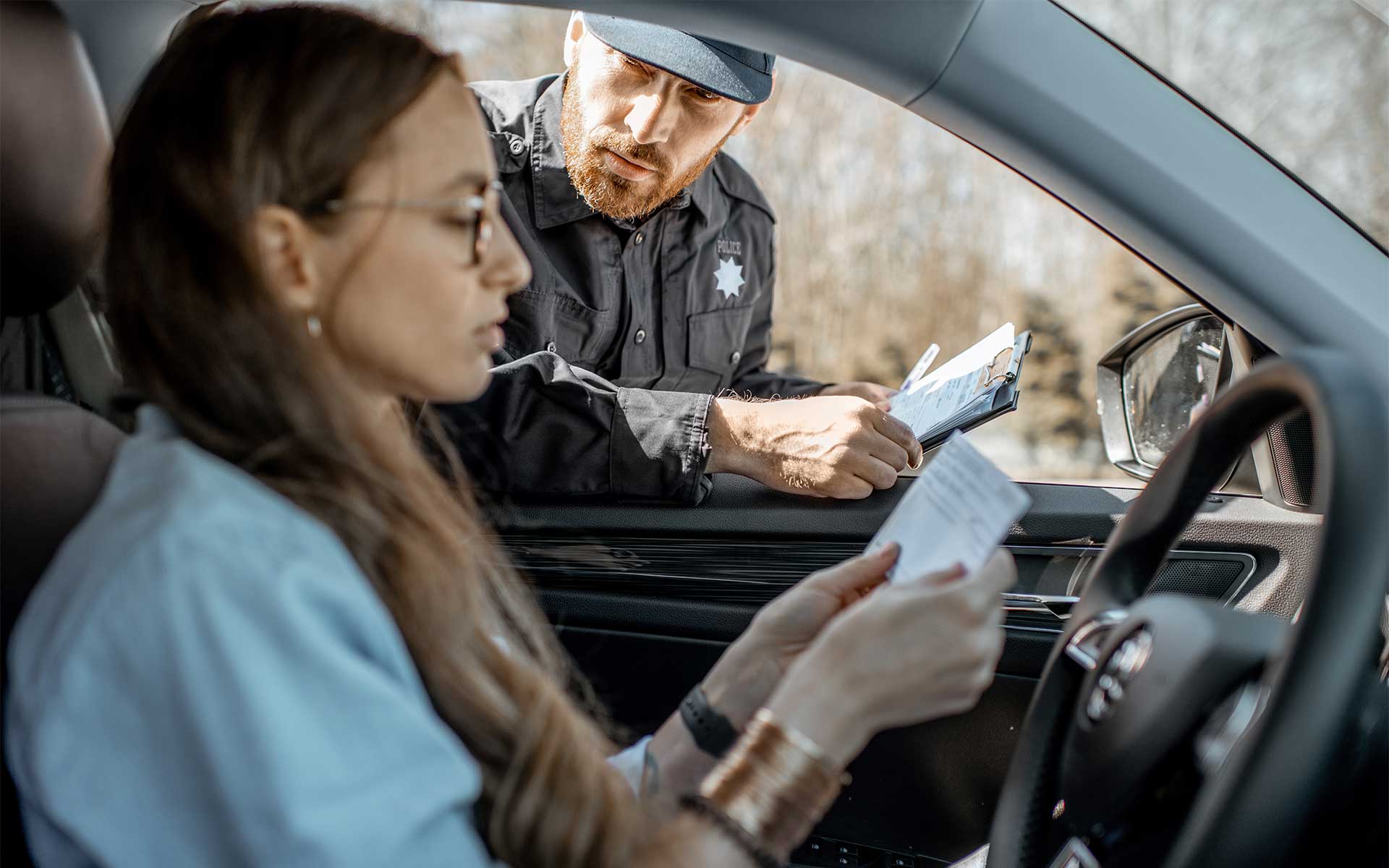
Whether a sheriff, a local or state police officer, federal agent, or a law enforcement officer from another agency approaches you with a request to question you, the first thing to keep in mind is to remain profusely polite. The second thing, however, may be crucial, and you will likely be reminded of it by the officer: you have the right to remain silent.
In this blog post, we clarify what a person’s rights are when they are stopped for questioning by an officer. As a seasoned criminal defense attorney, GHC Law Firm often gets questions in lines of whether you have to talk to the police, what happens if you refuse to do so, when is the right time to involve a lawyer, and similar. We answer these questions and give further advice regarding how to talk to the police below.
Why is it Important to Know Your Rights When Talking to the Police?
Knowing your rights can make all the difference in the case the police are building against you. While you may not be guilty of something at all, what you say in a stressful situation could easily be used against you, and you can become a suspect even if you weren’t one initially. The right to remain silent is unconditionally yours – and no matter how familiar people may be with this, it may be more difficult to stick to it in a real-life situation than in theory.
The police may try to trick you into responding by using various techniques including soliciting an apology for the victim, bullying, wanting to hear “your side of the story”, claiming that you are lying, and numerous others. When you know your rights, you know what the officers can use against you, and it is easier to make decisions that will be beneficial for you.
Do You Have to Talk to the Police Officers?
As we mentioned before, you don’t have to talk to the police officers. This is because you are entitled to a constitutional right to remain silent regardless of what your situation is – whether you’re innocent, arrested, or imprisoned.
Besides invoking your 5th amendment right, you have the right not to agree to an interview, not to try to make a deal with an officer, and not to make any further claims or comments. Keep in mind that a judge is the only person who might summon you and order to respond.
What Happens if You Don’t Talk to the Police?
Since remaining silent is your constitutional right, there are no legal consequences or penalties for not talking to the police. Another important thing to know is that the police can only keep you in custody for a limited period.
You also have a right to call your lawyer and should always invoke this right, since an experienced lawyer will be able to advise you regarding how to proceed with the case – or lack thereof.
Are There Situations in Which You Have to Answer to the Police Questions?
There are two situations that make an exception to the rule and in which you cannot remain silent. If a law enforcement officer stops you and asks for your identification, you must provide them with identifying details such as name, date of birth, and address – but nothing beyond that.
The second situation in which you have to cooperate with the police is if you are pulled over while driving for a traffic violation. In this case, you must show documents such as vehicle registration, proof of insurance, and your license.

Can You Talk to a Lawyer Before Answering Any Questions?
In addition to the 5th amendment, you also have the constitutional right to consult or hire a lawyer before engaging in any sort of discussion with the police. A lawyer will know how to navigate the sensitive situation you’re in, discern all the factors that may help the case or make it difficult, and devise a defense strategy.
As a seasoned criminal defense attorney, GHC Law Firm has an overview of various techniques the police use in order to solicit information from their respondents and is capable of recognizing the specificities of each case. As such, he is capable of providing you and your loved ones with the help you need.
What Happens If You Speak to the Police Officers Before Consulting With a Lawyer?
As they say on TV, anything that you say can and likely will be used against you in a court of law. Specific situations such as lying to government officials are more sensitive than others because, unlike remaining silent, lying is considered to be a crime. it is not too late to stop responding to questions even if you already gave the police a couple of answers.
Talking to law enforcement before consulting an attorney can potentially have life-changing consequences, so make sure to not talk at all or talk as little as possible.
Are Police Officers Allowed to Threaten You If You Don't Answer Their Questions?
Police officers may threaten you with a grand jury subpoena, or a legal document that orders you to show up in a court of law, answer the judge’s question, and provide all the information you have. An important piece of advice is that you don’t need to answer the police officer’s question even after they threaten you with a grand jury subpoena, since they won’t necessarily manage to obtain the subpoena.
Either way, get in touch with a lawyer as soon as possible. Should you be delivered a subpoena, make sure to show up at the court and once again invoke your right to the 5th amendment.
Do You Have the Right to Decline a Counter-Terrorism Interview?
Even if you are invited for a counter-terrorism interview or taken into custody, you have the right to remain silent and call your defense attorney. You are also entitled to having an insight into the interview questions ahead of the interview, have a say in scheduling the interview, and not responding to questions you find intrusive or otherwise uncomfortable.
The main takeaway is: no matter how stressful the situation is, keep in mind that you can help your case by remaining silent and consulting a lawyer. Nothing you say will be “off the record” and lying to a law enforcement officer or any other authority is considered to be a criminal offense.
Contact GHC Law Firm at (512) 614-4412 whenever you or your loved ones are in need of an experienced criminal defense attorney in Travis county.


